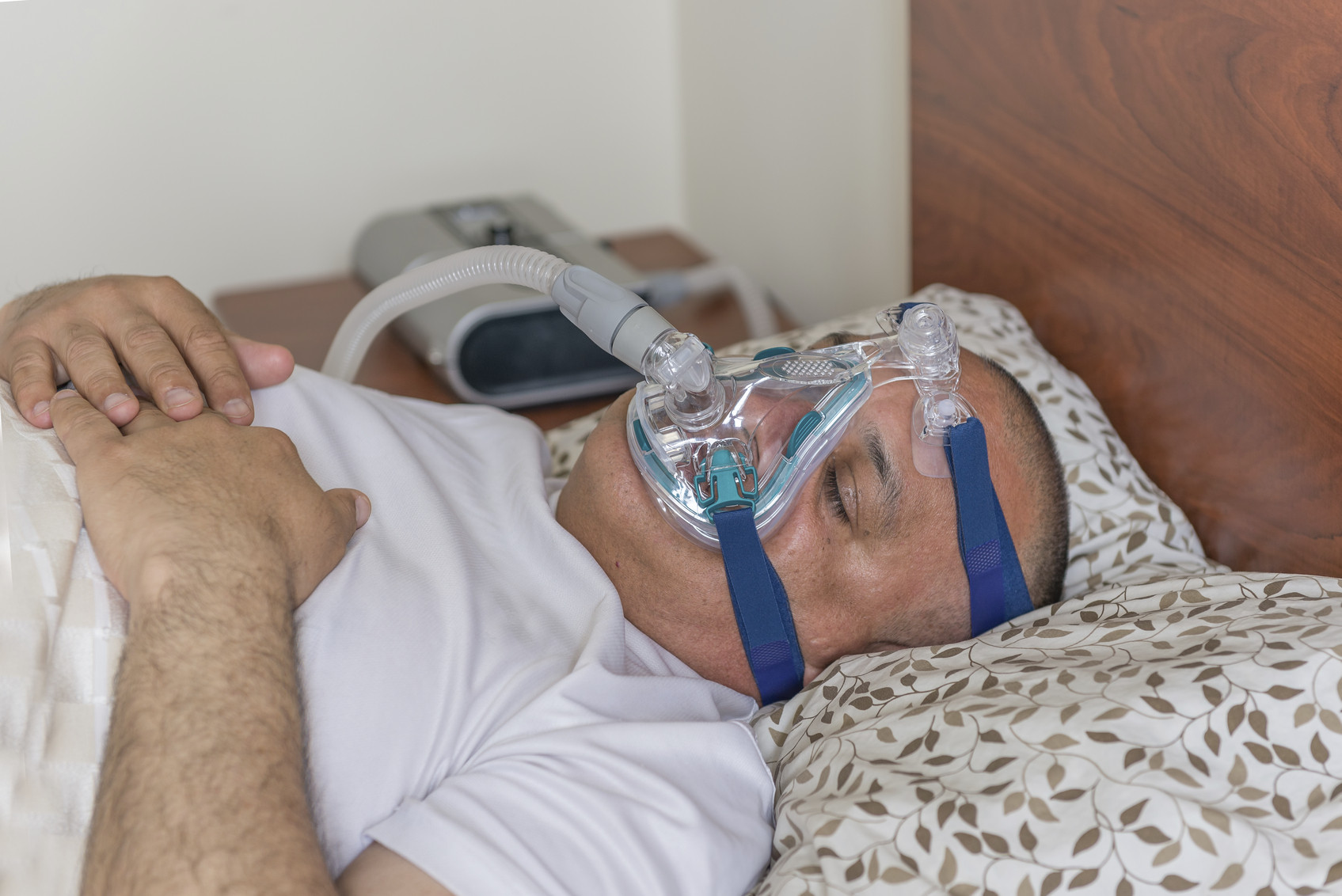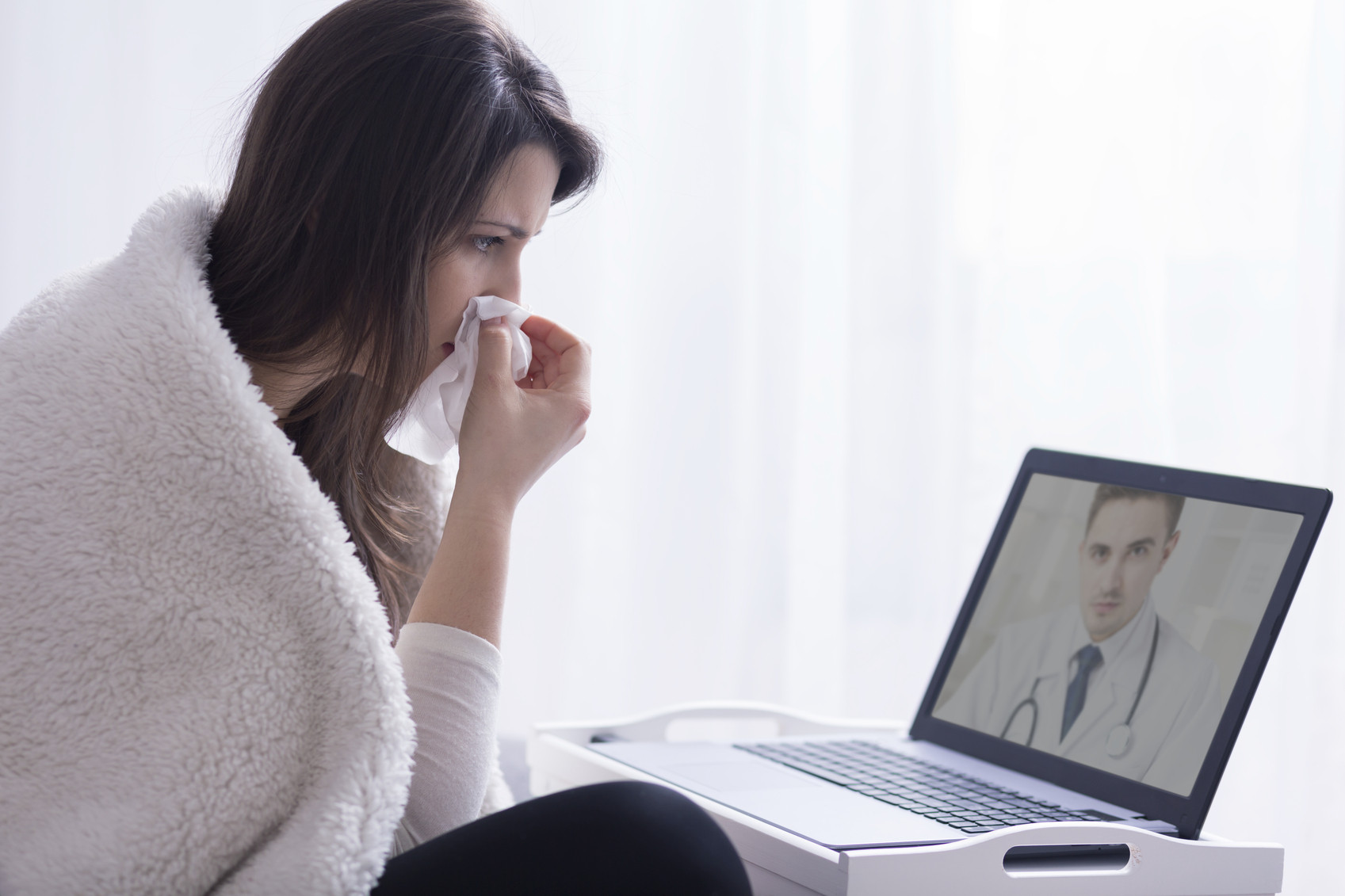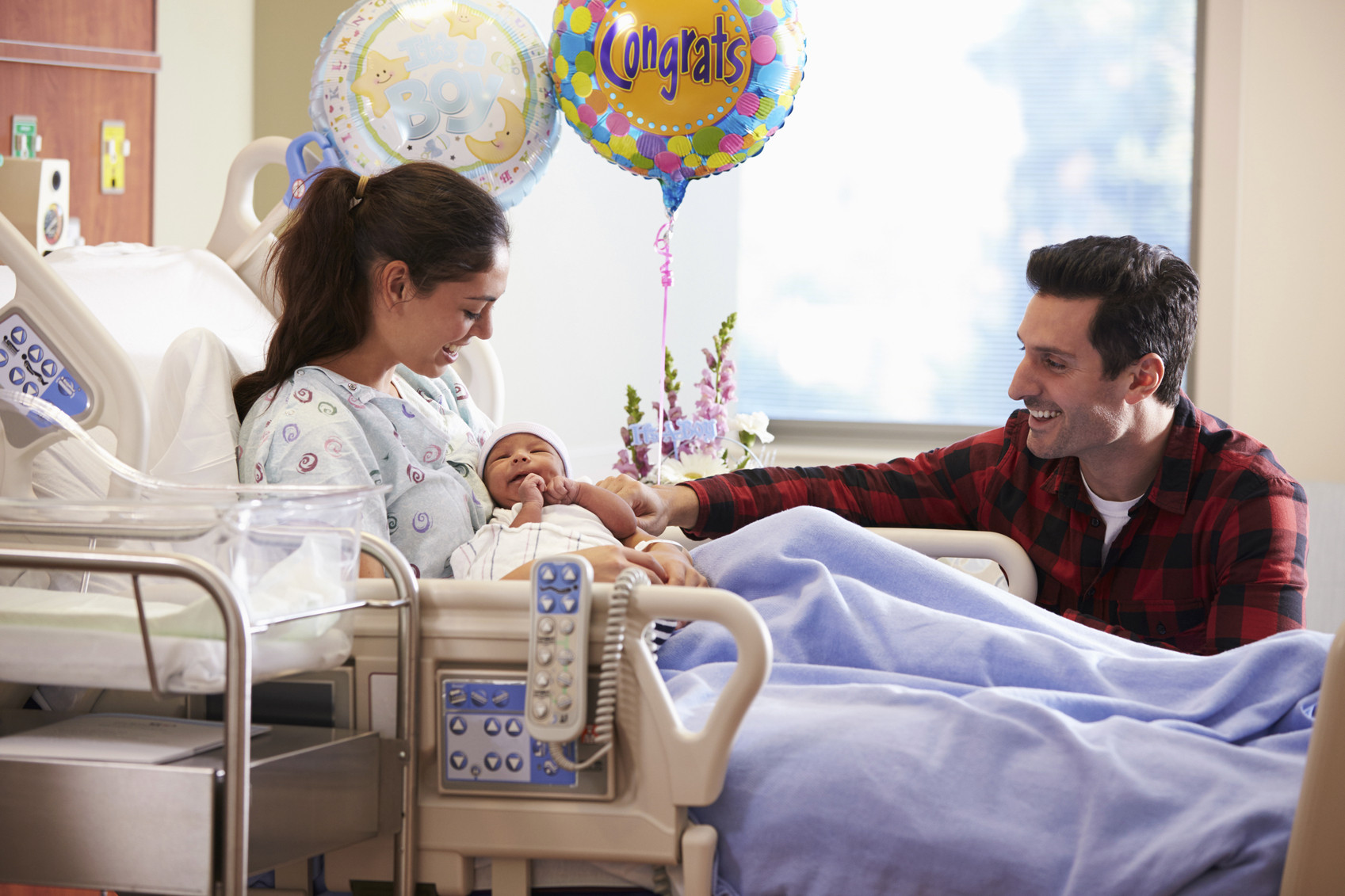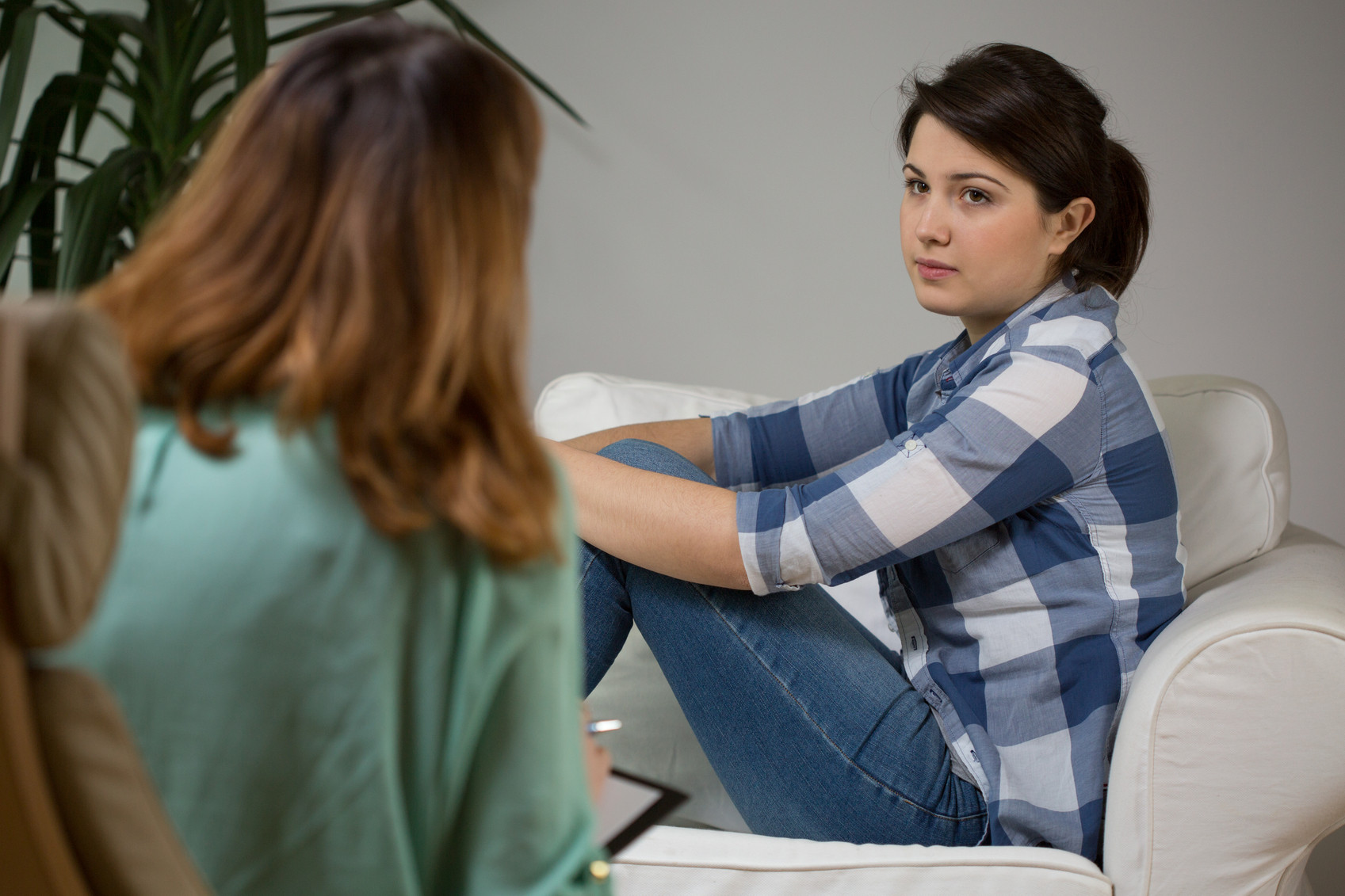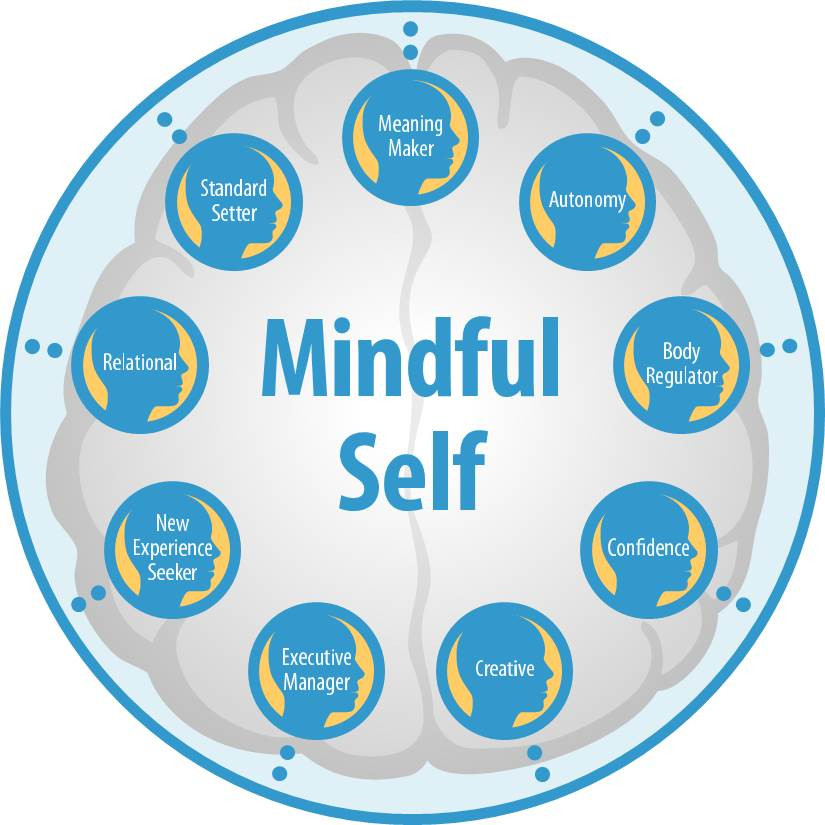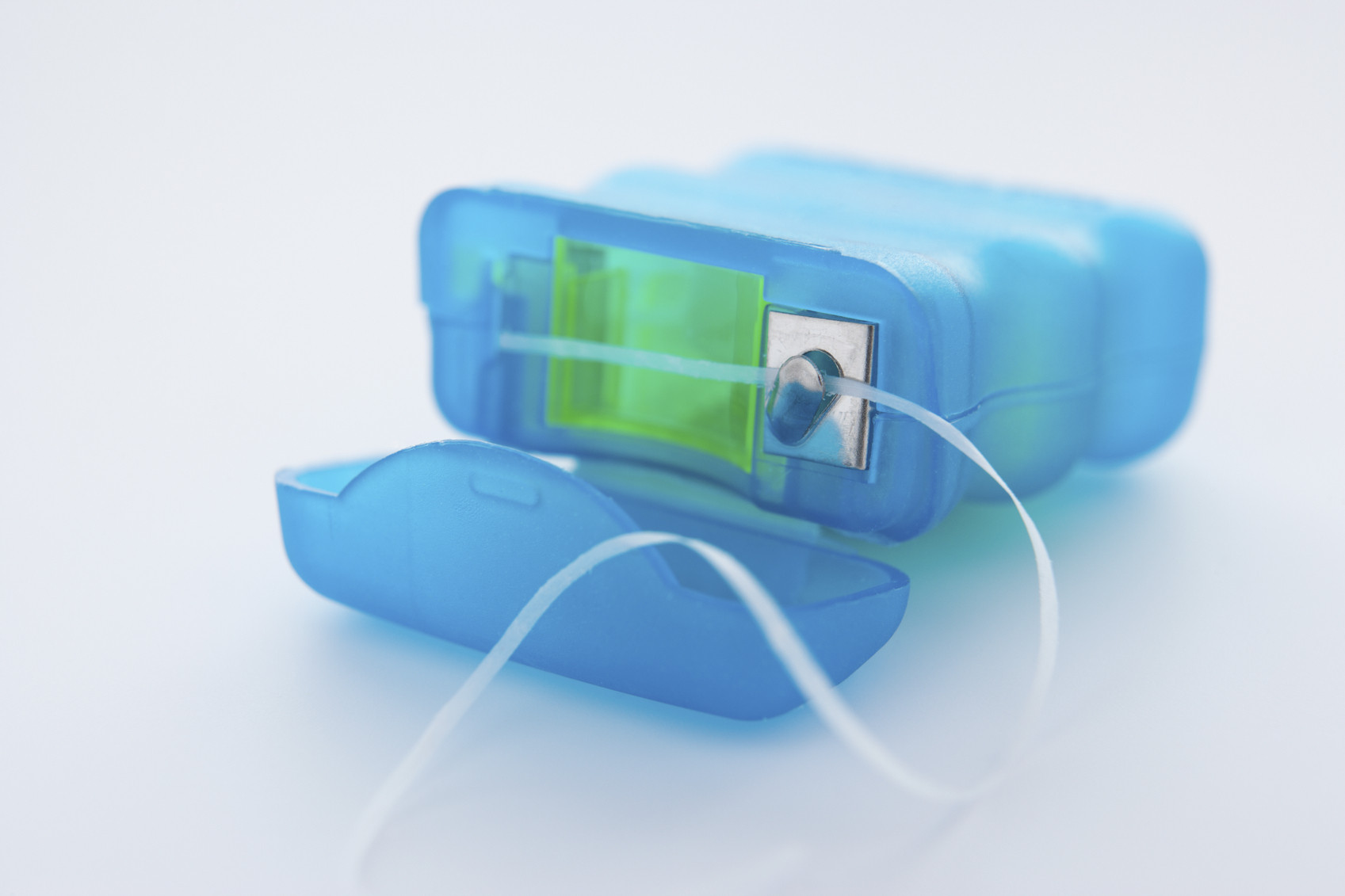
5 timeless habits for better health

What are the symptoms of prostate cancer?

Is your breakfast cereal healthy?

When pain signals an emergency: Symptoms you should never ignore

Does exercise give you energy?

Acupuncture for pain relief: How it works and what to expect

How to avoid jet lag: Tips for staying alert when you travel

Biofeedback therapy: How it works and how it can help relieve pain

Best vitamins and minerals for energy

Should you take probiotics with antibiotics?
Harvard Health Blog
Read posts from experts at Harvard Health Publishing covering a variety of health topics and perspectives on medical news.
Articles
Heart disease, sleep apnea, and the Darth Vader mask too?
A study questions whether CPAP helps to slow the progression of coronary artery disease in those who already have it, but use of the device has still been shown to have quality of life and other health benefits in those with sleep apnea.
New study says that it’s safe to skip the spoon and let babies feed themselves
A study suggests that a new approach to baby-led weaning is safe and has some benefits. With parent supervision, babies can feed themselves solids without a spoon — foods that they can pick up and get into their mouths, but that are also low risk for choking. Benefits of this approach include babies starting solids when they’re ready rather than when parents are ready and babies learn early to be in charge of what and how much they eat.
2 simple ways to ensure you give your kids the right dose of medicine (lots of parents don’t)
It’s surprisingly easy to give a child an incorrect dosage of liquid medication, and many parents do. When giving medication to a child, be sure you understand the instructions and use a medication syringe rather than a dosing cup. Take the extra time to read and think, and ask questions. These simple steps can make all the difference.
Shift stress to calm: An “inner family” affair
The new book Organize Your Emotions, Optimize Your Life proposes that the human psyche has nine life forces speaking as our “inner voices,” each with its own agenda and emotions. Learning to listen and respond to those voices can help you shift your stress to a sense of balance.
Birth control right after having a baby: Why it’s important, why it should be covered
Many women may plan to start using birth control at their six-week postpartum checkup, but as many as 40% of women do not go to a follow-up appointment. The American Congress of Obstetricians and Gynecologists advocates for offering women the option of long-acting, implantable contraceptives in the period immediately following giving birth, before leaving the hospital. It’s safe, effective, and eliminates the need for an outpatient visit during a hectic time. Making postpartum contraception easily available and a covered benefit is essential to reduce unintended pregnancy and rapid, repeat pregnancy rates.
An approach to therapy that may make depression treatment more accessible
A recent study showed that behavioral activation can be an effective alternative to cognitive behavioral therapy for treating depression. This type of therapy emphasizes engaging in activities that can improve mental health, for example, connecting with people. Its advantage is that it takes less time and is less expensive to train people in behavioral activation so it may mean more therapists available at lower cost.
Saving lives by prescribing naloxone with opioid painkillers
Unintentional opioid overdose is now the leading cause of accidental death in the United States. These drugs are prescribed to patients to help relieve pain, but overdoses happen because opioids can also depress breathing, sometimes stopping it altogether. But naloxone, also called Narcan, can help reverse the effects of an overdose. If doctors prescribe naloxone at the same time as opioids, overdose deaths may decrease.
Getting kids back to school: Inside out
Harvard Medical School authors have written a new book entitled Organize your Emotions, Optimize Your Life, that explains a way to frame how your mind processes a range of emotions. An adult version of the children’s movie Inside Out, the book proposes that the human psyche has nine inner “voices.” By addressing the distinct needs, agendas, and emotions people can better address life challenges, big and small. In this post we apply this model to getting your kids back to school in a positive and productive way.
Another study shows parents of newborns don’t always follow safe sleep recommendations
A study found that parents of newborns frequently do not follow safe sleep guidelines for their babies even though it’s likely they are familiar with them. The most common mistake is putting blankets or other items in a baby’s crib, but cribs should be empty. While it’s hard to imagine sleeping on a bare mattress, babies really don’t need bedding. And it’s not worth risking your baby’s life for the sake of a blanket.
Get up, stand up, for your health: A little exercise offsets a lot of sitting
Sitting has been described as the “new smoking.” While that may sound discouraging if you’re always driving long distances or sitting in an office chair for hours on end, there is something you can do about it. Moderate exercising like walking the dog or riding a bike for just an hour a day could alleviate or even eliminate the dangers caused by sitting all day. And if you’re worried about a full hour, benefits still come from spreading those 60 minutes out throughout the day.

5 timeless habits for better health

What are the symptoms of prostate cancer?

Is your breakfast cereal healthy?

When pain signals an emergency: Symptoms you should never ignore

Does exercise give you energy?

Acupuncture for pain relief: How it works and what to expect

How to avoid jet lag: Tips for staying alert when you travel

Biofeedback therapy: How it works and how it can help relieve pain

Best vitamins and minerals for energy

Should you take probiotics with antibiotics?
Free Healthbeat Signup
Get the latest in health news delivered to your inbox!
Sign Up

